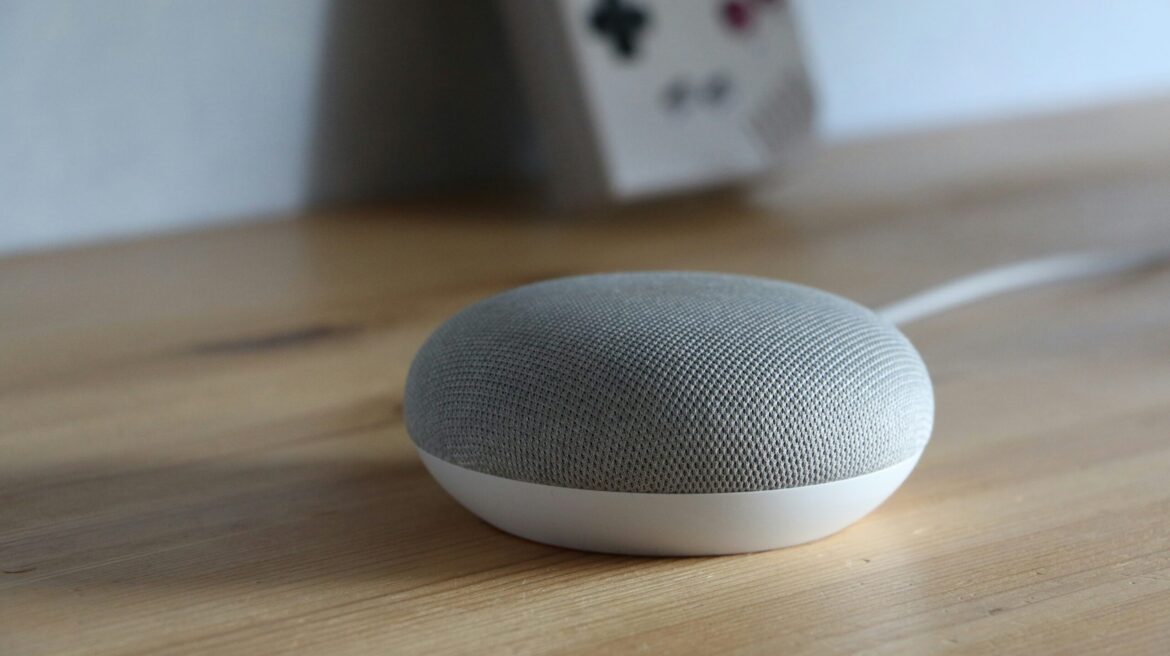Voice assistants have become a key part of modern home security systems, offering convenience that was once unthinkable. With just a simple voice command, homeowners can arm their alarm, adjust their thermostat, or check who’s at the door, all without lifting a finger. Devices like Amazon Alexa, Google Home, and Apple’s Siri have transformed how we interact with smart technology, integrating seamlessly with security cameras, door locks, and lighting systems. But as with any technology designed for ease of use, there’s another side of the coin: security and privacy risks.
The Benefits of Voice-Integrated Security
There’s no doubt that voice assistants make home automation simpler and more accessible. For busy households, hands-free control means being able to multitask while maintaining peace of mind. A few key advantages include:
- Convenience and Accessibility – Voice commands allow you to control connected devices even when your hands are full. This is especially useful for families, older adults, or individuals with mobility limitations.
- Integration with Security Devices – Alexa, Google Home, and similar platforms can sync with smart locks, doorbell cameras, and alarm systems. You can lock the front door or check live video feeds using only your voice.
- Automation Routines – Users can set up customized “routines” such as turning off all lights, locking doors, and arming the alarm with a single command like “Goodnight.”
- Remote Access and Notifications – Through app integrations, homeowners can receive real-time alerts, review security footage, and control devices even while away from home.
The Hidden Risks of Voice-Enabled Security
However, the same features that make voice assistants convenient can also create vulnerabilities if not properly secured. Here are some of the biggest risks:
- Accidental Commands or Misheard Instructions – Voice assistants can occasionally misinterpret background noise or speech, triggering unintended actions like unlocking a door or disabling an alarm.
- Unauthorized Access – If your device doesn’t require a PIN or voice match, anyone within speaking range could potentially give commands. This is especially risky in shared living environments or when hosting guests.
- Data Privacy – Voice assistants constantly listen for wake words (“Hey Google,” “Alexa”) which means snippets of audio may be recorded and stored on cloud servers. If those servers are ever compromised, sensitive household data could be exposed.
- Third-Party App Vulnerabilities – Many smart devices rely on third-party integrations. If one of these apps or devices is poorly secured, it can become a weak point in your overall system.
How to Keep Your Voice Assistant Secure
While risks exist, users can take practical steps to minimize them and maintain strong security:
- Set Up Voice Recognition or PINs: Ensure your assistant only responds to recognized voices or requires confirmation for sensitive commands like unlocking doors.
- Mute or Turn Off Microphones When Not in Use: Especially during long absences or at night.
- Review Privacy Settings: Regularly check your device’s privacy dashboard to manage stored voice recordings and permissions.
- Use a Secure Wi-Fi Network: Make sure your network is protected by a strong password and encryption (WPA3 if available).
- Keep Firmware and Apps Updated: Security patches often fix vulnerabilities that hackers could exploit.
Looking Beyond Homes: Commercial Applications
Voice technology isn’t limited to residential use. In commercial security, voice assistants can streamline access control, automate lighting schedules, and provide instant status updates for building monitoring. However, the same caution applies—businesses must ensure their networks and devices are properly secured to prevent unauthorized access or data leaks.
The Bottom Line
Voice assistants like Alexa and Google Home are powerful tools that make modern living more connected, efficient, and comfortable. When integrated thoughtfully with home security systems, they can provide incredible convenience and peace of mind. But as with all technology, the key to safety lies in understanding the risks and taking proactive steps to protect your data and devices. With proper setup and awareness, homeowners and businesses alike can confidently embrace the future of voice-enabled security.



